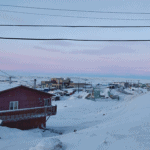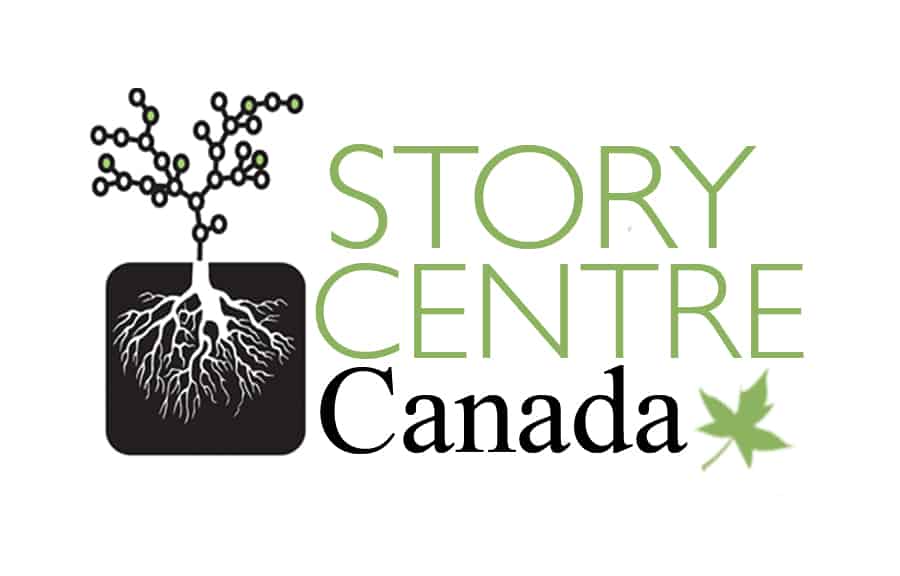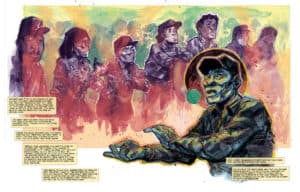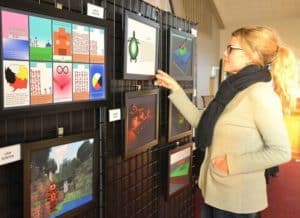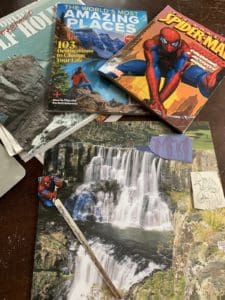Stories are more than words, they can be insights into our lived experiences, our thoughts, our character. When we share our stories, we’re sharing ourselves and our time.
How can we make our stories more meaningful? How can we use multimedia to share our experiences? How can we connect with others in an impactful manner? A new, no-cost workshop may be just what you need to enhance your storytelling and strengthen those connections.
“StoryCentre Canada and Pinnguaq are teaming up to work with young people in Iqaluit to tell their personal stories about how they see things uniquely during the current COVID-19 pandemic. They will be creating short multi-media videos, or digital stories, which will allow storytellers to express themselves creatively,” explain Rani Sanderson, Workshop Facilitator at StoryCentre Canada.
“The ritual of sharing insights about life can be immensely valuable both to those who speak and those who bear witness. At StoryCentre Canada we create spaces for listening to and sharing stories, to help build community and a just and healthy world. Sharing of stories has the power to make a real difference.”
What can you expect?
The new, free storytelling training course teaches participants aged 14 to 25 about the storytelling process and trains them in creating short, one to four minute multimedia stories. The course runs for two hours per week for six weeks, with about two to four hours of classwork and independent work per week. StoryCentre Canada will run the training sessions and help participants craft and refine their stories for publication. Creativity is highly encouraged.
“In this 6-week workshop, facilitators will guide participants through small group discussions, story circles, and hands-on tutorials, to learn all the tools needed to create their own digital story,” says Sanderson.
Using participants’ perspectives as young people living in Iqaluit, the goal of organizers is to help attendees document their unique experiences during the COVID-19 pandemic.
Facilitators will help participants identify a moment or moments that highlight how they see and experience the current situation differently than those around them. Participants will be trained in first-person storytelling and then led by facilitators through the steps of writing their personal story, recording their narrative, creating visuals and editing it all together to create a short video.
Overview of Lessons
Through the six weeks, educators will cover a variety of topics with learners, starting with an overview of digital storytelling in week one.
Week two features an introduction to story circles and becoming acquainted with the editing software.
In week three, participants will learn about visuals, photography and learning to record voice overs while week four focuses on video editing.
Week five is all about story screening and reviewing the process before week six, at which time participants will work with facilitators and a social media expert to discuss and plan the process of distributing the content.
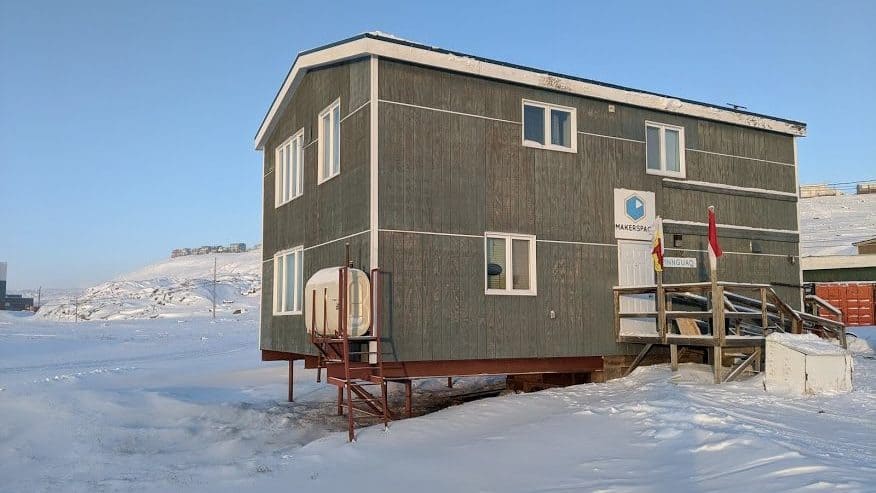
When and Where
Participants will need to attend all scheduled group sessions.
The workshops will take place over the course of six weeks, starting March 2, and will include:
- Six 2-hour group sessions, running Tuesdays from 3:30 to 5:30 p.m. at the Iqaluit Pinnguaq Makerspace
- Two 1-hour individual support sessions
- Six to 10 hours of independent work on script, audio recording and editing, capturing or creating visuals, and video editing
Upon completion of their story, participants will receive an honorarium. Those interested in participating are asked to register by emailing allyssa@pinnguaq.com.
The Digital Storytelling Workshop is supported by the Government of Canada’s Emergency Community Support Fund and Community Foundations of Canada.
